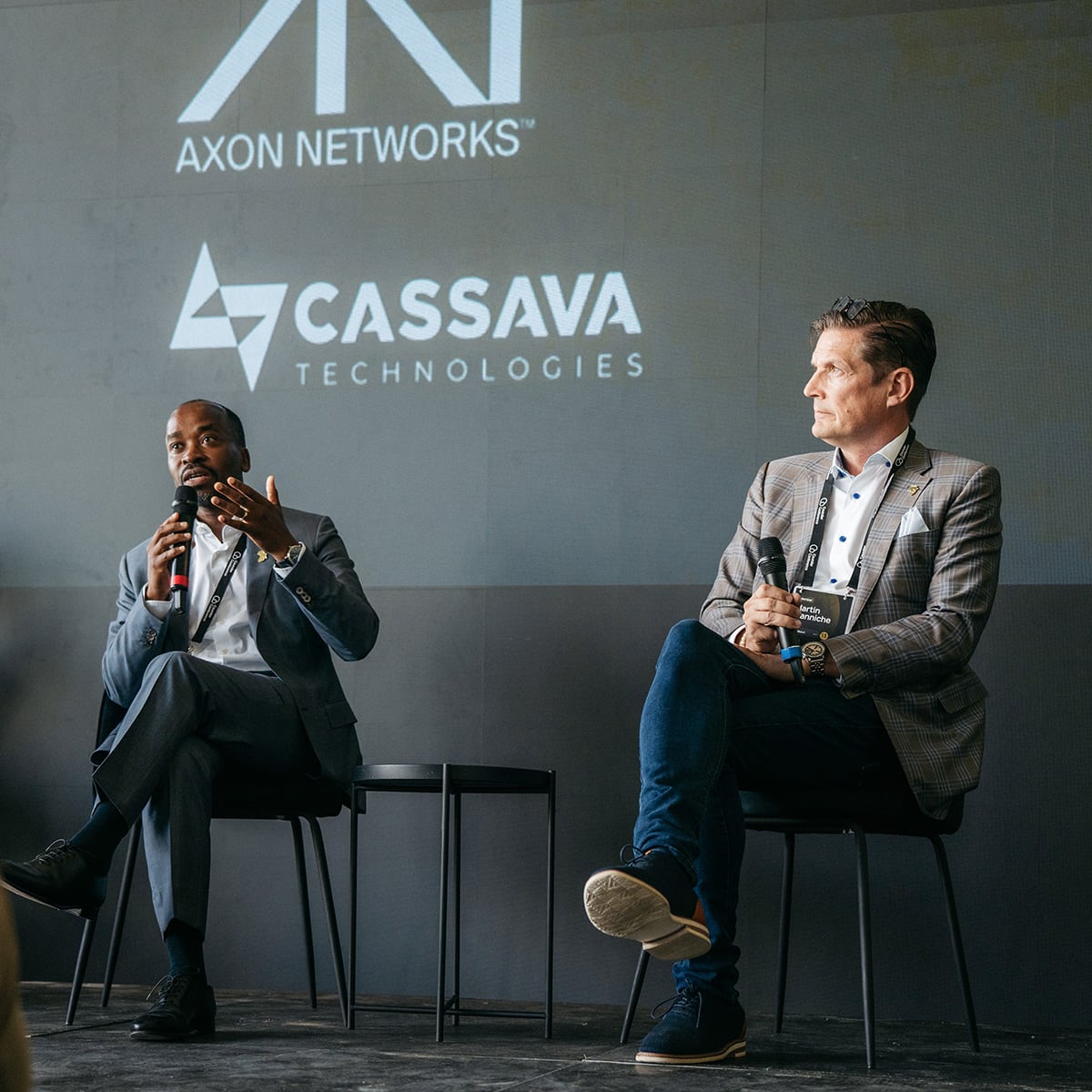Liquid Networks, a business of Cassava Technologies, a pan-African technology group, today announced the launch of its Distributed Denial of Service (DDoS) Secure offering to its customers. The solution is designed to proactively mitigate attacks by scrubbing traffic and blocking known attackers or malicious traffic.
“Cyber Attacks are at an all-time high; cyber security threats cost the African GDP almost a whopping US$4.1 billion in 2021. And, DDoS are on top of the cyber security attacks; the staggering cost to our GDP is proof enough that no business can afford to be without a layer of protection against them. While DDoS attacks have evolved over the years, our offering is equally sophisticated. With traffic scrubbed at one of our four scrubbing centres, customers can focus on their core business requirements while keeping them safe from DDoS attacks,” says Ahmad Mokhles, CEO of Liquid Networks.
The service is being offered to all potential Internet & IP transit clients and provided to all existing customers in regions where Liquid has operations across Africa access to a proactive protection service. With DDoS Secure, clients can have peace of mind, knowing that their business’s reputation, income, and network are protected. The service also offers them the potential for growth and partnerships through DDoS compliance.
While protecting clients’ networks and operations, DDoS Secure also gives them a line of sight about attempted attacks through post-incident reports on all mitigations completed. In addition, with the recent launch of Liquid’s Next-Gen Cyber Security Fusion Centre, the organisation will be able to monitor all online activity live and deter an attack before it reaches your network.
“With this measure in place, there will be higher visibility of potential attacks, and we will be able to mitigate threats and proactively secure businesses automatically. In addition, we can now manage and protect our customers in real-time. Yet, another achievement as Liquid Cyber Security introduces a solution that brings the world’s best practices in protecting against DDoS attacks,” concluded Mohkles.





